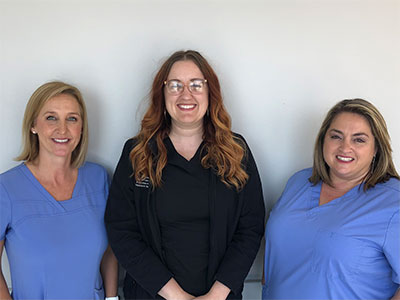Heart & Valve Disease
The Structural Heart and Valve program at Princeton Baptist Medical Center delivers a highly-personalized, innovative approach to treating heart valve disease and structural heart conditions.
A structural heart and valve disease diagnosis can be scary. But cutting-edge treatment options at Princeton Baptist Medical Center mean a healthier heart is within reach. From a better quality of life and reduced symptoms, to a potentially longer life,
and less work for your heart muscle – you have everything to gain.
Our program utilizes the Heart Team approach, bringing together specialists from cardiology, endovascular surgery, cardiothoracic surgery, interventional radiology and advanced cardiovascular imaging. With so many ways to treat heart disease – in
clinic, the cath lab, or in the operating room – the Heart Team approach means patients receive an individualized plan for care.
The Structural Heart & Valve program treats a range of conditions affecting the Aortic, Mitral and Tricuspid Valves, as well as the structure of the heart.
‘Structural heart disease’ covers a large variety of heart conditions that aren’t generally related to coronary disease and refers to both valvular heart disease and any defect within the heart. Many defects can be repaired percutaneously
via catheter, instead of through open-heart surgery.

Structural Heart Coordinators
L to R: Brandy McCain RN, BSN , Catie Thornton, Miranda Ceravolo RN, BSN
Phone number - Office (205) 783-3320; Fax - (205) 783-3321
The Team
Structural heart and valve disease decision-making is often highly complex requiring close collaboration between our specialists, including imaging specialists, structural interventionalists and cardiac surgeons.
The “Heart Team” approach means team members meet with patients during clinic visits to develop a patient-centered, comprehensive plan, including the latest treatment options.
A highly trained team of specialists from multiple heart and vascular specialties at Princeton, work together with patients on a care plan. Depending on the hospital, the care team may include cardiothoracic surgeons, interventional cardiologists, cardiac
imaging specialists, as well as access to a nurse before, during and after the procedure, plus ongoing education.